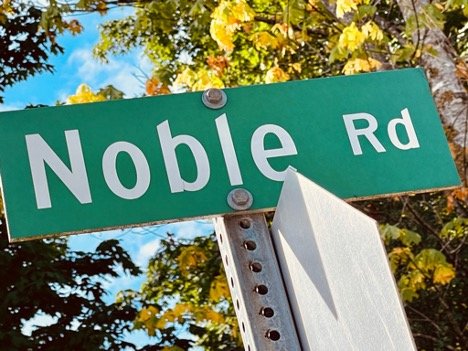Top Marketing Strategies—for the 99.9 Percent of Authors Who Are Not Bestsellers
In the recent bulletin from the Author’s Guild, journalist and guild member Michael Castleman had me devouring his smart article titled “The Cruelty—and Possibilities—of 21st Century Book Promotion.” He tells it like it is when it comes to finding success in the market today with new books. And he speaks from experience as an author himself of 19 books. Here’s what new authors are up against, per Castleman’s reporting:
On average, more than 2 million books have been published every year since 2000 by a combination of the Big Five publishers, indie publishers, hybrid houses, and independent publishers. The year 2000 was when books went digital and blasted the door open wide to a glut of publications. To put that into perspective, American publishers released 2.5 million titles during the entire 20th century. Publishers today are releasing practically that same number annually.
Only about one title in 10,000 becomes a bestseller. Before you let that sink in too deeply, take note of this fact Castleman reminded me of and that would probably surprise most people: “Only 20 percent of new titles sell 100 copies. On the other hand, if your book sells 100, it’s in the top 20 percent. Sell 1,000, you’re in the top 6 percent. If your book ranks better than No.150,000 [on Amazon], you’re in the top 1 percent.”
Yes, there’s hope. Don’t get depressed. Castleman offers some suggestions against this bleak backdrop.
Lean into your personal network: As I’ve written about before, word-of-mouth endorsements are the best way to sell books. And those pass-it-along recommendations are most likely to come from people you know—friends, family, colleagues, and acquaintances. Sure, podcasts, social media, and reviews can trigger purchases but not many new authors boast platforms big enough to rely on those (and even authors that do can fall short—a small fraction of followers may buy your book). People you know are trusted core buyers who can help build momentum, especially at the start. As Castleman writes, “Cultivate a wide social circle. Collect all the email addresses you can. Be a good friend, and your friends just might buy your books.”
Focus on pre-orders: As soon as your book is available for pre-order, that’s when you start promoting like hell. Create an email campaign to drive pre-order sales among your contacts (i.e., a list of names of people you know). For the email blast, think of creating a one-page PDF poster featuring your book’s cover, the book’s provocative takeaways, and best blurbs. Drop the image in the body of your email. Note that it only takes about 100 sales to bring books into the top 20 percent on Amazon. Re-send the email upon the book’s release and during the month between Thanksgiving and Christmas—when one-third of annual book sales happen. Suggest people buy the book for holiday gifts.
Don’t bet on blurbs: Acquiring stellar testimonials from high-profile people and other bestselling authors in the genre used to be required—a rite of passage to authordom. No longer. Simon & Schuster stopped requiring them earlier this year. Your time and energy are better spent elsewhere because blurbs are not as effective as they once were. When’s the last time you bought a book based on its blurbs? Of course, they can’t hurt so grab the ones you can if they come easily and include them in your media kit and other promotional assets. But don’t sweat it if you don’t have Oprah’s stamp of approval.
Be strategic if you hire a publicist: Traditional book publicists are expensive and most new authors cannot afford them (we’re talking thousands and upwards of six figures for some campaigns). You are not guaranteed anything when you hire a book publicist—even the good, established ones can come up empty. If you do have the funds to enlist a publicist of some kind, or even just a marketing assistant, choose wisely—hopefully someone with a specific strategy for your type of book and targeted list. You might want, for example, a book publicist who has specialized knowledge and real connections with podcasters. But even then, beware: with 4 million podcasters out there today, it’s noisy. Also beware of marketing scams: Online marketing services that overpromise and underdeliver abound. If you do decide to dole out money to one of these marketing companies, check out the Writer Beware website. You might be better off spending your money on Amazon ads, repeat promotions to your personal list, and appearances at book festivals that draw large crowds.
Persevere: This is perhaps the best advice of all. Keep going. Seek opportunities to sell your book that are aligned with your budget, energy, and time. The runway is long because books can always be printed or sent digitally—it’s how works published years ago can suddenly become a bestseller with the perfect alchemy of attention. I can’t tell you how many times I’ve watched books launch quietly and not gain bestseller status for months or even years—and then they finally find their momentum, take off, and become huge hits. Don’t give up!
Credit: Photo by Merakist on Unsplash
